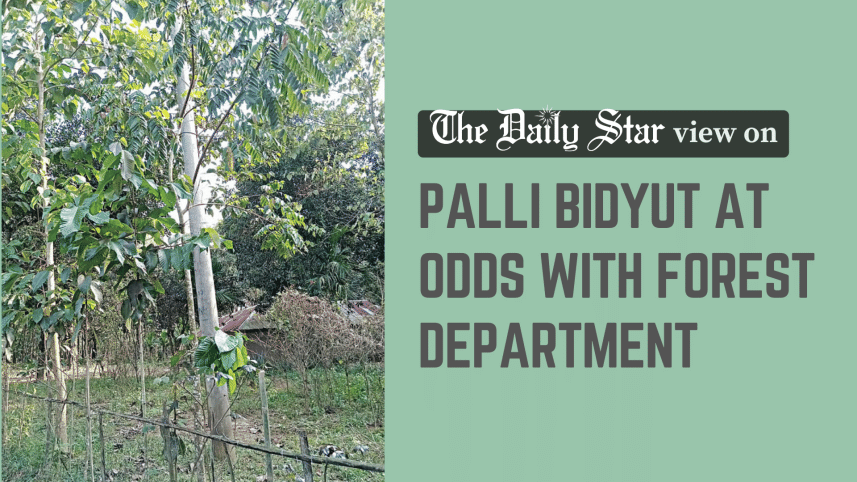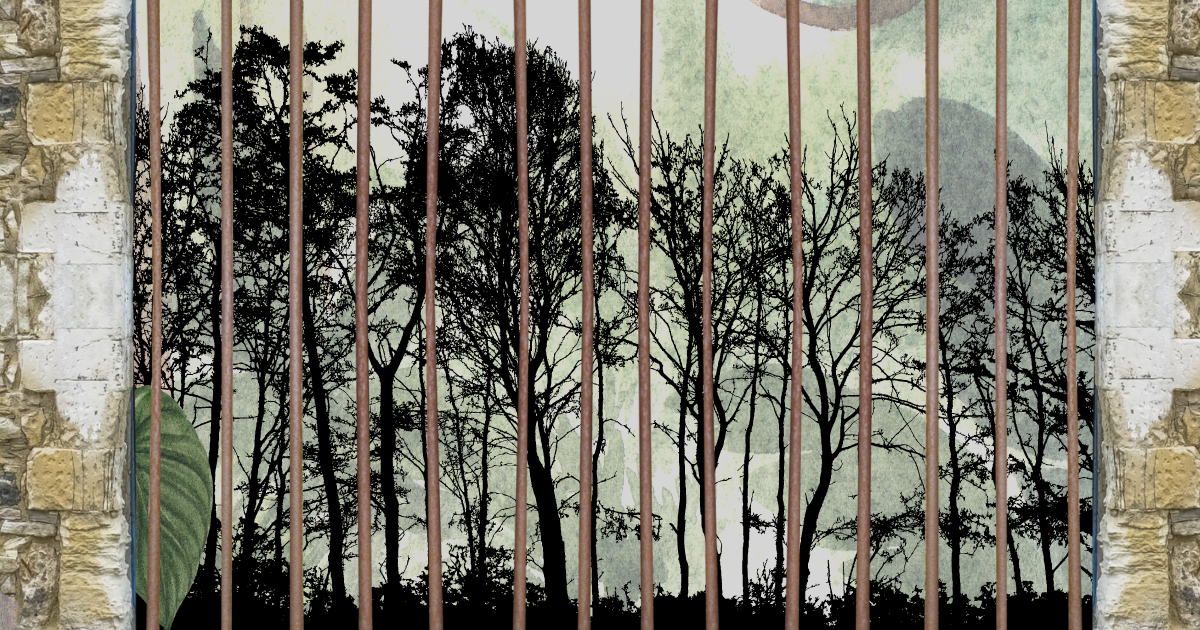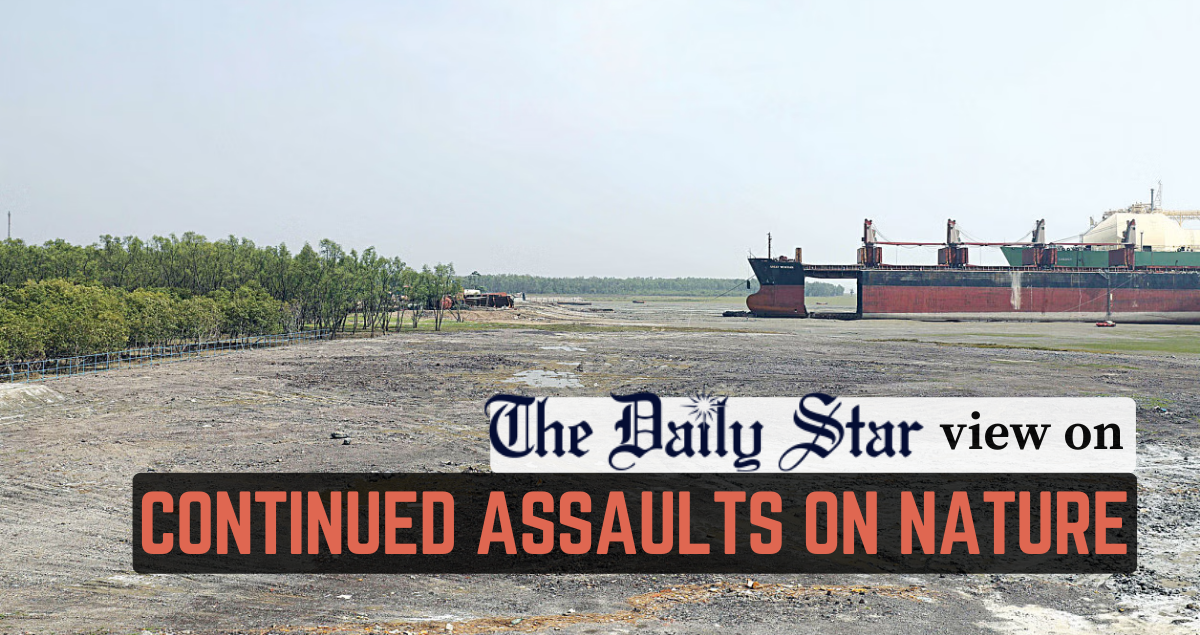Yet another reserved forest in peril

Yet another natural habitat is facing potential peril, as the Bangladesh Rural Electrification Board (Palli Bidyut) is trying to take power lines through a reserved forest in Chattogram's Fatikchhari upazila, ignoring the forest department's objection as well as environmental laws. Forest officials fear that thousands of trees would be cut down if the lines go through the 998-acre jungle, while experts say its wildlife, including birds and monkeys, will be endangered leading to irreparable damage to biodiversity. Taking all this into account, we have to ask: was there no alternative other than ravaging the area?
According to the Forest Act, no structure can be set up in a reserved forest, and the National Forest Policy 1994 prohibits development projects within a forest unless the prime minister permits it. A local Palli Bidyut official said no line would be installed without permission from the authorities concerned, which it has not received. So, why has it already erected electric poles at the site? Clearly, Palli Bidyut's action does not reflect its commitment. While ensuring vital amenities is important, we expect government agencies to at least follow the law before any undertaking.
Unfortunately, this is the latest in numerous incidents of government agencies—supposed guardians of the environment—putting forests in danger for development. Earlier this month, the forest department decided to build a safari park in the Lathitila reserved forest, ignoring repeated objections from environmentalists. In a video message, Environment Minister Md Shahab Uddin openly backed the project, saying, "The construction of the safari park will… create employment, and above all improve the quality of life of the people in the area." And let's not forget how, last year, the Roads and Highways Department sought 174 acres to widen a road through the Ramgarh-Sitakunda Reserve Forest in Chattogram, or the government handed over 20 acres of the Ramu reserve forest to Bangladesh Football Federation to build a training facility, or the land ministry allotted 160 acres in a protected forest in Ukhiya to build a prison.
True, citizens deserve basic utilities including electricity, but they also deserve a country that protects its natural environment. With the spectre of climate change already haunting our people, the government must ensure that its initiatives do not come at the expense of nature. To do so, it has to thoroughly evaluate all options, and whenever possible, find alternative solutions to undertaking development projects in forests. If no such option exists, the least that it can do is follow the legal framework and ensure minimal adverse impacts on the environment.
 For all latest news, follow The Daily Star's Google News channel.
For all latest news, follow The Daily Star's Google News channel. 


Comments